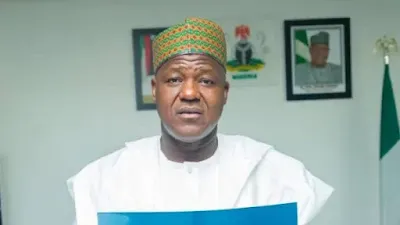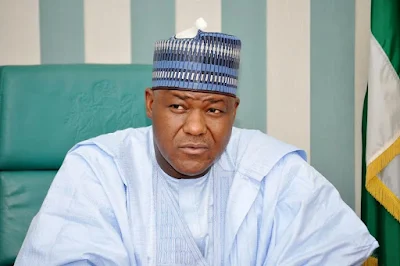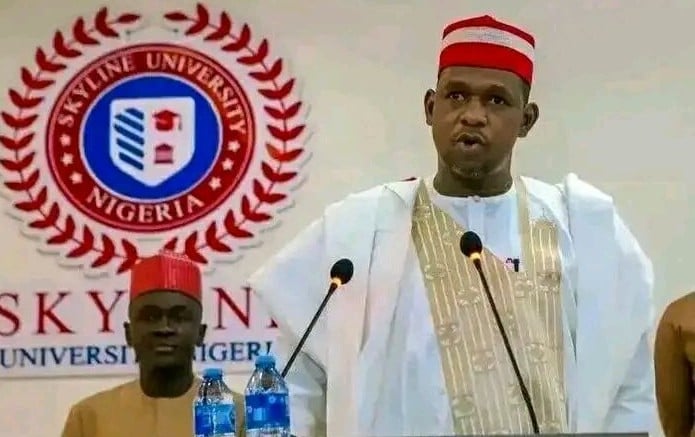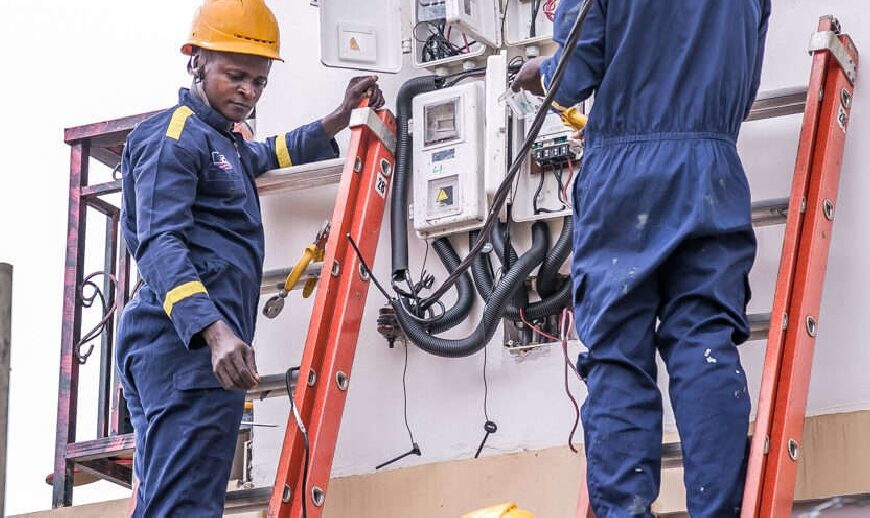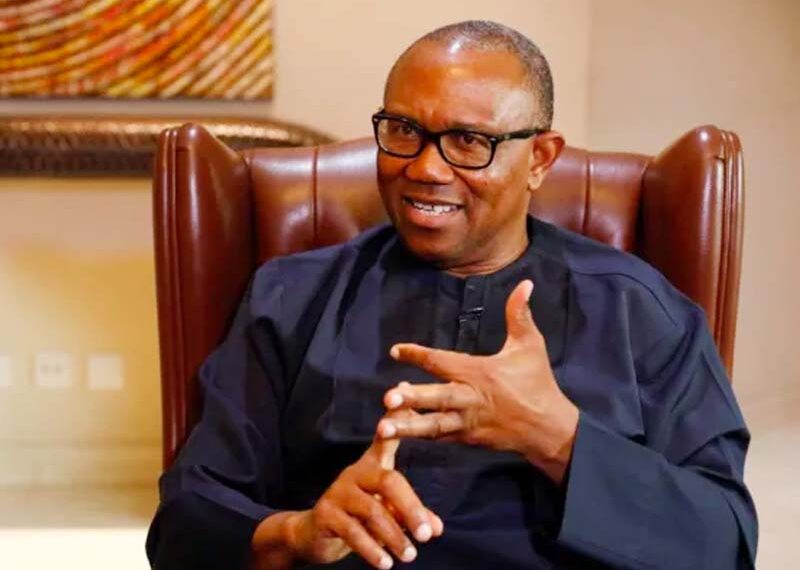After months of negotiations, Germany has officially formed a new government, marking a significant shift in the country’s political landscape. The new coalition government, comprising the Social Democratic Party (SPD), the Greens, and the Free Democratic Party (FDP), has been tasked with addressing pressing issues such as climate change, economic growth, and social inequality.

Key Players and Portfolios
The new government features a diverse lineup of ministers, each with distinct portfolios:
Olaf Scholz (SPD) serves as Chancellor, overseeing key policy initiatives
Annalena Baerbock (Greens) takes on the role of Foreign Minister, focusing on European and global diplomacy
Christian Lindner (FDP) assumes the Finance Ministry, working to stabilize the economy and promote growth
Robert Habeck (Greens) is appointed Minister for Economic Affairs and Climate Action, driving efforts to transition Germany to renewable energy
Policy Priorities
The new government has outlined several key policy priorities:
Climate Action: Investing in renewable energy, promoting sustainable infrastructure, and reducing carbon emissions
Economic Growth: Fostering innovation, supporting small businesses, and enhancing Germany’s competitiveness
Social Justice: Addressing income inequality, improving education and healthcare, and promoting social cohesion
Challenges Ahead
Despite the optimism surrounding the new government, several challenges lie ahead:
Coalition Dynamics: Managing the diverse interests and priorities of the coalition partners will require careful negotiation and compromise
Global Uncertainty: Germany’s economy and security are closely tied to global events, requiring adept diplomacy and strategic planning
Climate Targets: Meeting ambitious climate targets will demand significant investment and coordination across various sectors
Conclusion
Germany’s new government faces significant challenges, but also opportunities for growth and innovation. With a strong lineup of ministers and a clear policy agenda, the coalition is well-positioned to drive progress and address pressing issues. As Germany navigates this new era of leadership, the world will be watching to see how the country responds to the complex challenges of the 21st century.
Meta AI response: Germany Officially Forms New Government: A New Era of Leadership After months of negotiations, Germany has officially formed a new government, marking a significant shift in the country’s political landscape. The new coalition government, comprising the Social Democratic Party (SPD), the Greens, and the Free Democratic Party (FDP), has been tasked with addressing pressing issues such as climate change, economic growth, and social inequality. Key Players and Portfolios The new government features a diverse lineup of ministers, each with distinct portfolios: Olaf Scholz (SPD) serves as Chancellor, overseeing key policy initiatives Annalena Baerbock (Greens) takes on the role of Foreign Minister, focusing on European and global diplomacy Christian Lindner (FDP) assumes the Finance Ministry, working to stabilize the economy and promote growth Robert Habeck (Greens) is appointed Minister for Economic Affairs and Climate Action, driving efforts to transition Germany to renewable energy Policy Priorities The new government has outlined several key policy priorities: Climate Action: Investing in renewable energy, promoting sustainable infrastructure, and reducing carbon emissions Economic Growth: Fostering innovation, supporting small businesses, and enhancing Germany’s competitiveness Social Justice: Addressing income inequality, improving education and healthcare, and promoting social cohesion Challenges Ahead Despite the optimism surrounding the new government, several challenges lie ahead: Coalition Dynamics: Managing the diverse interests and priorities of the coalition partners will require careful negotiation and compromise Global Uncertainty: Germany’s economy and security are closely tied to global events, requiring adept diplomacy and strategic planning Climate Targets: Meeting ambitious climate targets will demand significant investment and coordination across various sectors Conclusion Germany’s new government faces significant challenges, but also opportunities for growth and innovation. With a strong lineup of ministers and a clear policy agenda, the coalition is well-positioned to drive progress and address pressing issues. As Germany navigates this new era of leadership, the world will be watching to see how the country responds to the complex challenges of the 21st century.

